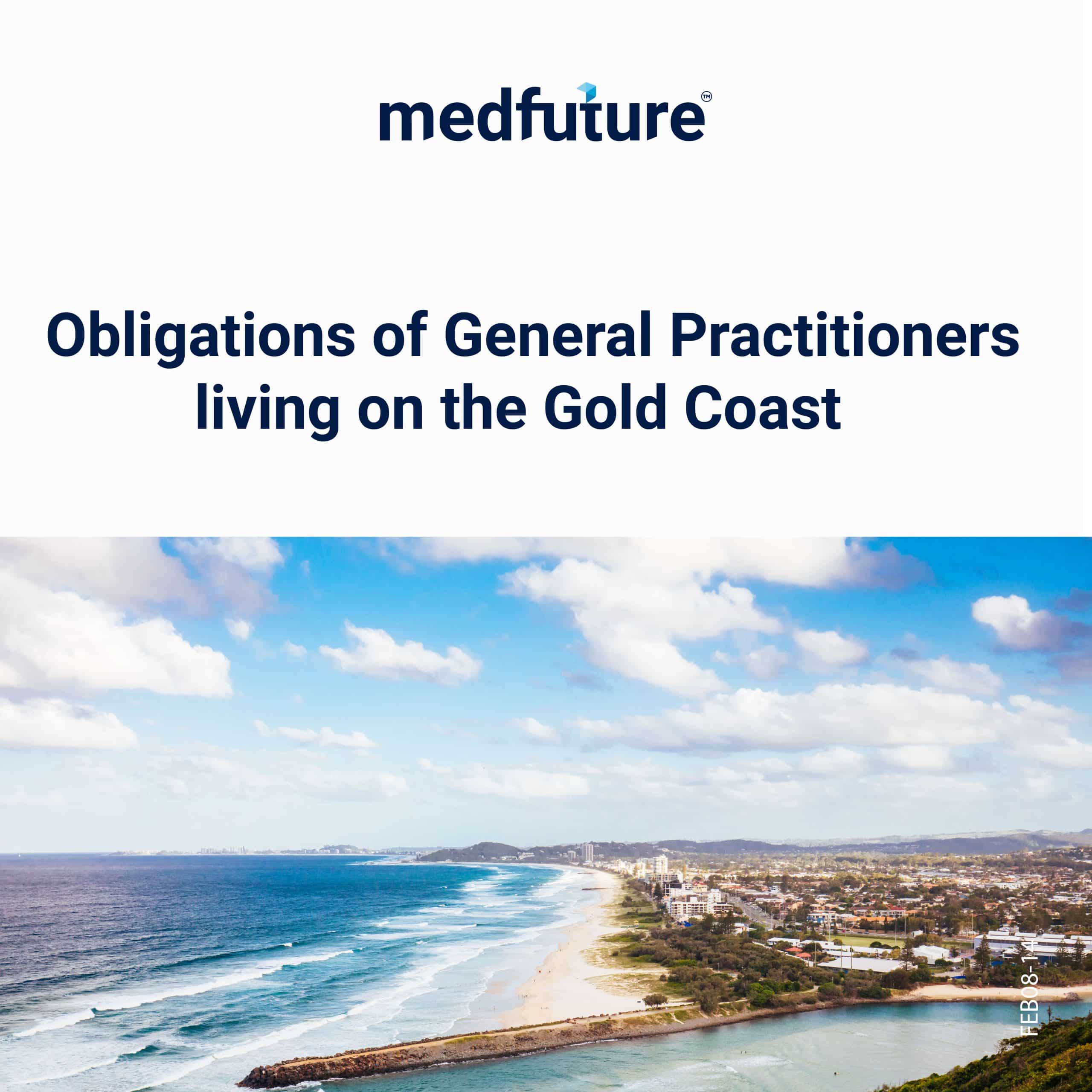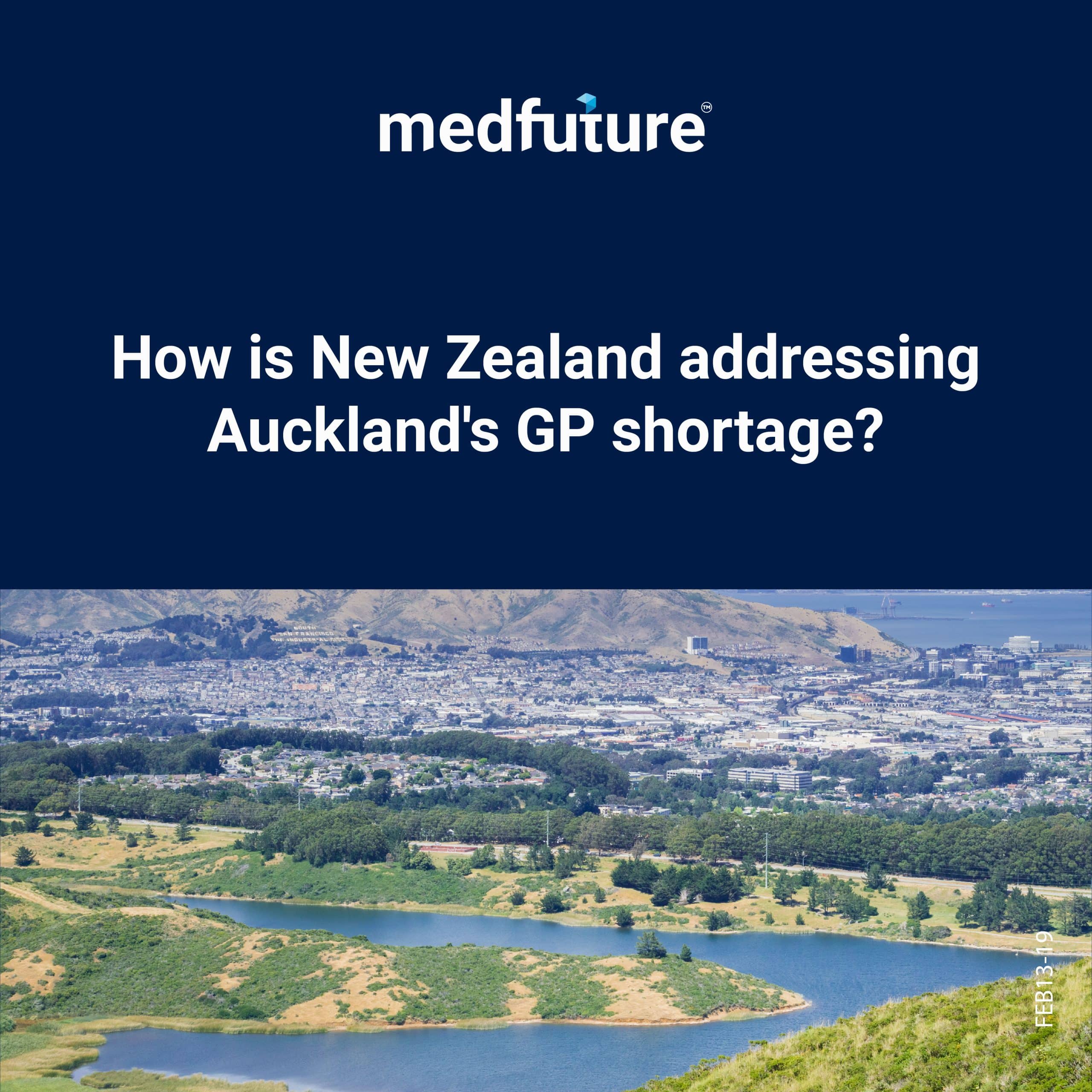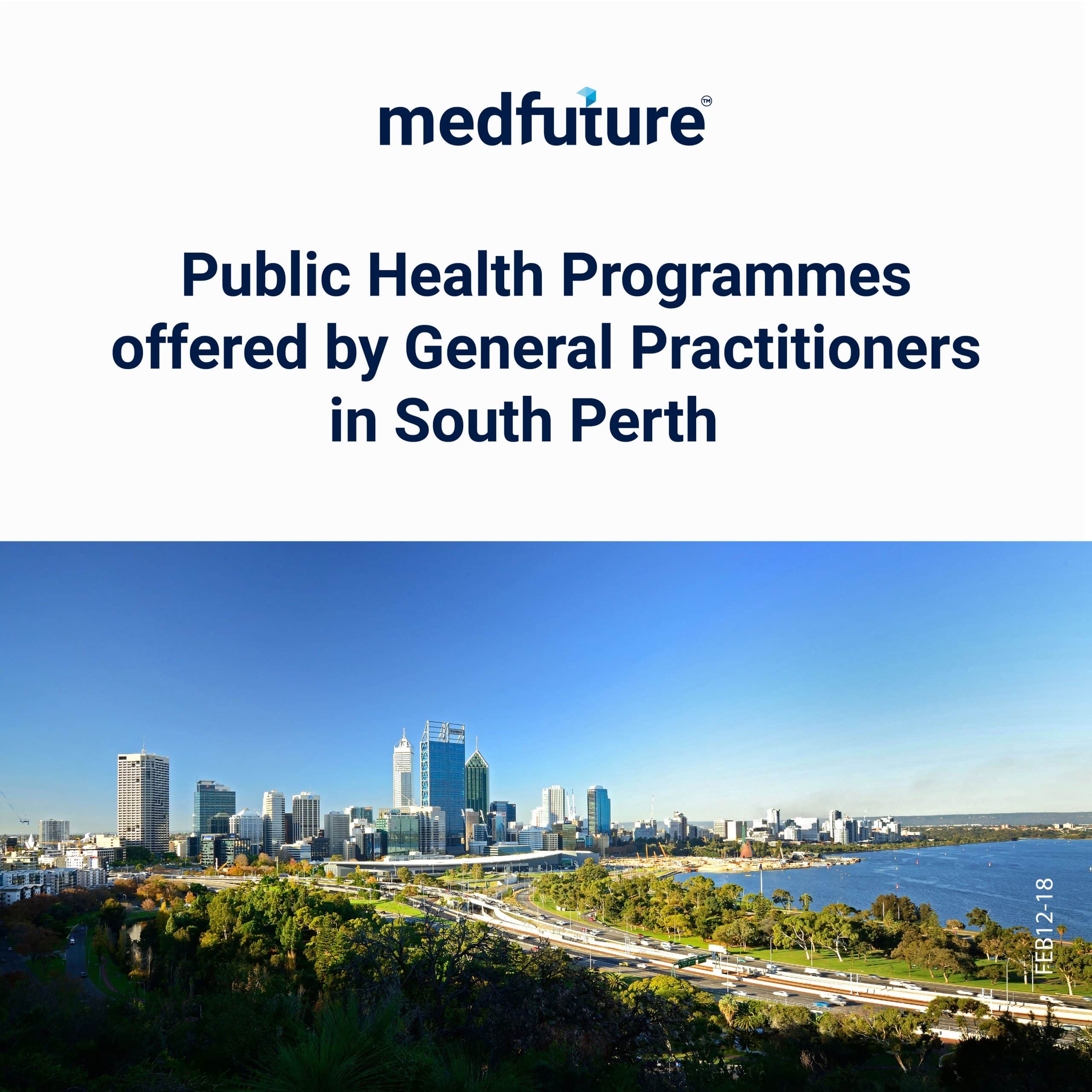Professional well-being for General Practitioners (GPs) encompasses the physical, mental, and emotional aspects crucial for a fulfilling and sustainable medical career. It involves maintaining a healthy work-life balance, managing stress, and fostering a sense of purpose. For GPs, whose responsibilities include intricate patient care and complex decision-making, prioritising professional well-being is vital. It enhances resilience, prevents burnout, and ensures a sustained commitment to delivering high-quality healthcare. Ultimately, professional well-being is the linchpin for GPs to navigate the challenges of their roles while nurturing a rewarding and enduring practice. Medfuture is also able to help you get past the challenge such as attaining the right opportunity.
Work-Life Balance: Strategies for Nurturing a Healthy Equilibrium
In the dynamic realm of General Practice, maintaining a harmonious work-life balance is paramount for sustaining professional excellence and personal well-being. Beyond mere time division, achieving balance involves crafting a lifestyle that fosters physical and mental health amidst the challenges of a medical career.
GPs, immersed in the noble pursuit of patient care, must carve out dedicated personal time. Establishing realistic work schedules and setting boundaries are foundational steps. Embracing rest, leisure, and family time is crucial for a fulfilled and resilient professional life.
Stress management strategies are pivotal. Healthcare’s inherent stress requires proactive engagement in activities like mindfulness practices (meditation, yoga) to promote mental clarity. A supportive work environment that encourages open communication and offers mental health resources reinforces holistic well-being.
Effective time management is key. Prioritising tasks, delegating responsibilities, and leveraging technology enhance productivity, creating windows for personal pursuits. Continuous professional development can be integrated strategically, aligning with interests and career goals.
Building a robust support network is crucial. Seeking mentorship, connecting with peers, and fostering relationships create a sense of community, offering mutual support and encouragement.
Work-life balance is dynamic, adapting to evolving career and personal demands. Prioritising balance cultivates resilience, prevents burnout, and contributes to a healthier healthcare ecosystem. In an evolving healthcare landscape, work-life balance remains foundational for the sustained success and well-being of General Practitioners.
Financial Well-being for General Practitioners: Navigating Fiscal Health in Healthcare
Financial well-being is integral to a General Practitioner’s journey, influencing personal stability and the success of their medical practice. GPs, akin to small business owners, must adeptly manage practice finances, including billing systems, reimbursement structures, and administrative efficiency. Sound financial practices within the practice create a foundation for overall fiscal health.
Budgeting and financial planning are indispensable tools. GPs should develop a comprehensive budget covering personal expenses, professional development, and strategic practice investments. Mapping short-term and long-term financial goals enables informed decision-making aligning with overall well-being.
Navigating reimbursement structures and billing practices is crucial. Staying informed about healthcare policies, understanding reimbursement models, and engaging with coding professionals maximises revenue while ensuring regulatory compliance.
Personal financial planning is equally vital. Investing in retirement, creating emergency funds, and exploring diversified portfolios secure long-term financial stability. Financial advisors specialising in healthcare offer tailored strategies for unique challenges and opportunities.
As the healthcare industry transforms, GPs must adapt to evolving payment models. Staying abreast of changes positions GPs as astute financial navigators within a dynamic healthcare economy.
Professional Growth and Fulfilment in General Practice: Nurturing a Rewarding Career
For General Practitioners (GPs), achieving professional growth involves more than clinical expertise; it encompasses personal satisfaction, continuous learning, and a sense of purpose within the medical profession. Embracing lifelong learning through education, specialised training, and conference participation enhances clinical proficiency and keeps GPs abreast of medical advancements.
Strategic career planning, with clear short-term and long-term goals, enables GPs to pursue opportunities aligned with their aspirations, fostering a purpose-driven path. Building a robust professional network provides support, fosters collaboration, and broadens perspectives through connections with colleagues, mentors, and peers.
Fulfilment in the medical profession is tied to a sense of purpose, reflecting on values and the impact GPs aspire to make. Balancing clinical responsibilities with leadership and innovation, such as involvement in quality improvement projects, contributes to professional enrichment.
Prioritising personal well-being, including self-care and maintaining a healthy work-life balance, equips GPs to provide compassionate and effective patient care.
Stress and Time Management for General Practitioners: Crafting a Resilient Practice
In the demanding landscape of General Practice, mastering the delicate balance of stress and time is pivotal for sustaining not only professional effectiveness but also personal well-being. As frontline healthcare providers, General Practitioners (GPs) navigate a myriad of responsibilities, patient needs, and administrative tasks, making adept stress and time management indispensable for a resilient and flourishing practice.
Stress Management –
Stress, inherent in the healthcare profession, necessitates strategic approaches for effective management. GPs can adopt mindfulness practices, such as meditation or deep-breathing exercises, to cultivate a centered and composed mindset amidst the challenges of their roles. Regular breaks, even brief moments of respite, become essential for mental rejuvenation, allowing GPs to return to their duties with clarity and focus.
The cultivation of a supportive work environment is a cornerstone in stress mitigation. Open communication channels, team collaboration, and fostering a culture that acknowledges the emotional toll of healthcare work contribute to a resilient atmosphere. GPs should also recognise the signs of burnout, seeking assistance when needed, and promoting a collective approach to well-being within their practice.
Time Management
Effective time management is the linchpin of a well-functioning GP practice. GPs should strategically allocate time blocks for specific tasks, ensuring that patient appointments, paperwork, and follow-ups are organised and well-paced throughout the day. Implementing electronic health records and practice management systems facilitates seamless scheduling and minimises time spent on administrative tasks.
Setting boundaries around time commitments is imperative. GPs can establish clear start and end times for their workday, safeguarding personal time and preventing professional responsibilities from encroaching on much-needed periods of rest. By adhering to a structured timetable, GPs enhance their ability to meet both professional obligations and personal priorities.
Furthermore, GPs can explore innovative approaches to time management, such as group consultations, which not only optimise time efficiency but also foster a sense of community among patients. Embracing a patient-centered approach allows GPs to deliver quality care without compromising their own well-being.
Continuous Professional Development (CPD) for General Practitioners: Elevating Excellence in Healthcare
Continuous Professional Development (CPD) emerges as a cornerstone for General Practitioners (GPs) seeking to navigate the evolving terrain of medical knowledge, technologies, and patient care practices. CPD is not merely a requirement; it is a commitment to lifelong learning, ensuring GPs remain at the forefront of advancements and deliver optimal care to their patients.
Strategic Selection of Educational Opportunities:
CPD encompasses a diverse array of educational opportunities, ranging from workshops and conferences to online courses and experiential learning. GPs can strategically choose CPD activities that align with their professional goals, clinical interests, and the evolving needs of their patient population. By selecting relevant and engaging programmes, GPs not only enhance their clinical proficiency but also contribute to the overall quality of healthcare delivery.
Integration of Technology in Learning:
Embracing technology as a catalyst for learning is a key facet of modern CPD. GPs can leverage online platforms, webinars, and e-learning modules to access a wealth of educational resources at their convenience. The integration of digital tools enhances accessibility, allowing GPs to stay connected with the latest research, treatment modalities, and healthcare policies, ultimately fostering a culture of continuous improvement.
Application of Learning in Clinical Practice:
CPD is most impactful when the acquired knowledge is seamlessly integrated into clinical practice. GPs should actively seek opportunities to apply new insights, techniques, and approaches gained through CPD activities. This application not only reinforces learning but also contributes to the refinement of patient care, ensuring that the benefits of CPD extend beyond theoretical knowledge to tangible improvements in healthcare delivery.
Interdisciplinary Collaboration:
Collaboration across disciplines is a hallmark of effective CPD. GPs can actively engage with specialists, allied health professionals, and colleagues to broaden their perspectives and deepen their understanding of holistic patient care. Interdisciplinary collaboration not only enriches the learning experience but also fosters a collaborative healthcare environment, promoting comprehensive and patient-centered care.
Reflective Practice:
Incorporating reflective practice into CPD is essential for GPs to derive maximum benefit from their learning experiences. Taking time to reflect on clinical encounters, challenges faced, and lessons learned enhances self-awareness and encourages a mindset of continuous improvement. Reflective practice transforms CPD from a checklist to a dynamic and personal journey of professional growth.
CPD for GPs is a multifaceted commitment to excellence that extends far beyond mandatory requirements. By strategically selecting educational opportunities, integrating technology, applying learning in clinical settings, fostering interdisciplinary collaboration, and embracing reflective practice, GPs elevate the standard of care they provide. CPD becomes not only a professional obligation but a transformative journey that fortifies GPs as lifelong learners and leaders in the ever-advancing field of healthcare.
Become the GP you always aspired to be with Medfuture
Embarking on your journey to secure the ideal GP position for 2024, you can find yourself at the forefront of healthcare recruitment through Medfuture. Our commitment to excellence in connecting talented practitioners with fulfilling opportunities sets Medfuture apart. In 2024, we are confident in our ability to navigate the dynamic healthcare landscape and match skilled professionals with positions that align seamlessly with your aspirations.





